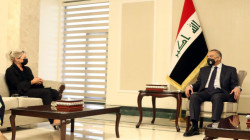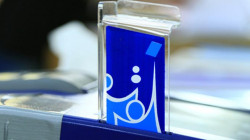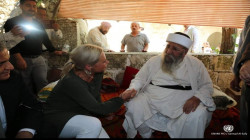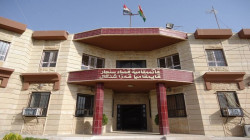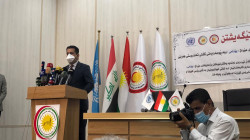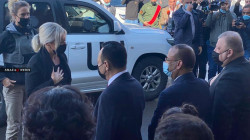UNAMI welcomes start of Kurdistan election campaign, hopes for "peaceful" competition
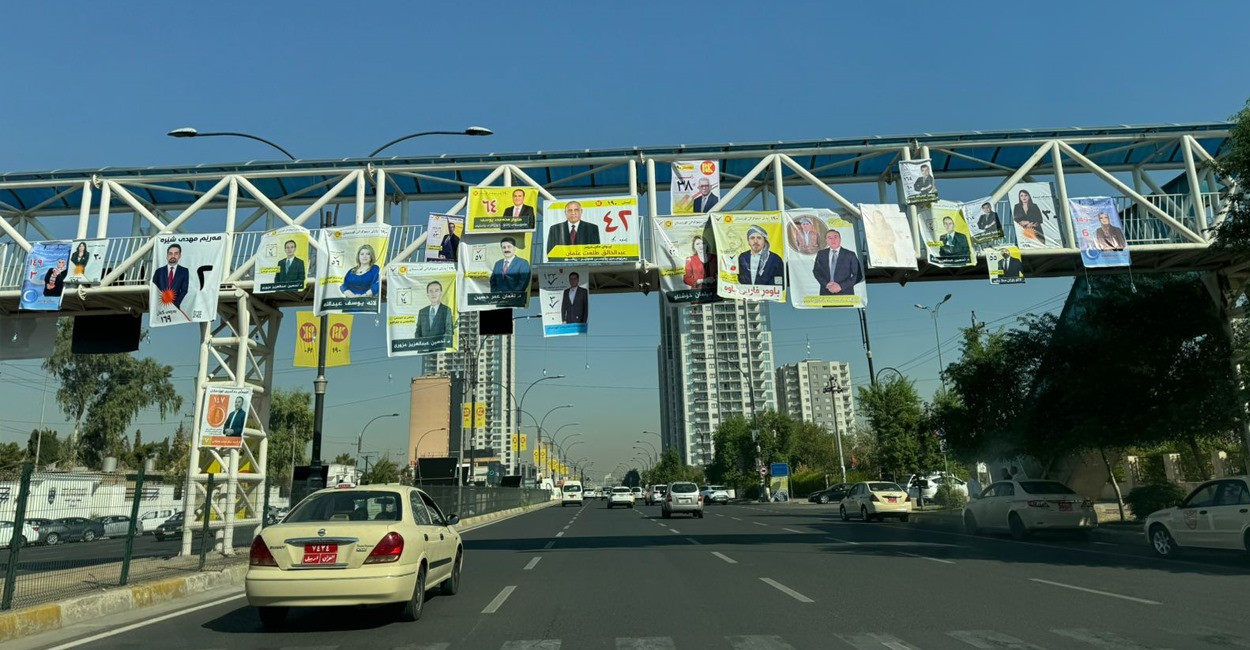
Shafaq News/ The United Nations Assistance Mission for Iraq (UNAMI) expressed its support for the launch of the election campaign for the Kurdistan Region's parliamentary elections, scheduled for October 20, 2024.
According to a statement shared by the UN's "ReliefWeb" platform, "UNAMI underscores the importance of ensuring a campaign environment free of violence and intimidation, with participants focusing on the peaceful competition of visions and programs, to enable voters to make informed decisions at the ballot box."
"UNAMI looks to all candidates, other political actors and the media to foster a climate of respect, inclusivity and open dialogue throughout the campaign. It is crucial for the credibility of these elections to establish a safe and welcoming environment for all candidates and voters, particularly women who often face distinct challenges during electoral processes. Any disputes relating to the elections should be addressed through the available mechanisms including those established by IHEC."
The statement reaffirmed, "UNAMI will continue to support a fair and transparent electoral process that will reflect the aspirations of all people in the Kurdistan Region."
This announcement follows a statement by the Head of the Electoral Commission, Judge Omar Ahmed Mohammed, who confirmed the official launch of the campaign on Wednesday, September 25, lasting until October 15.
Judge Mohammed noted that 1,190 candidates are running for office, representing 136 electoral lists. He also announced the formation of a special committee by the IHEC to monitor the campaign and address any violations.
Back in June, President Nechirvan Barzani issued a Regional decree setting October 20, 2024, as the official date for the Kurdistan parliamentary elections.
Elections for Kurdistan’s parliament, originally scheduled for 2022, were set for June 10. However, the Kurdistan Democratic Party (KDP), which has the parliamentary majority, announced it would boycott the election in protest of a ruling issued by Iraq's Federal Supreme Court.
This court decided to cancel 11 seats reserved for minority groups, including Turkmen, Assyrians, Christians, and Armenians, reducing the number of Regional Parliament seats to 100.
The ruling also changed the electoral system, dividing the Kurdistan Region into four constituencies instead of the single-constituency system used in the 2018 elections.
The federal court ruling also gave authority to the Iraqi IHEC to organize and oversee Regional elections instead of the Kurdish Regional Election Commission.
In late May, the federal court issued a new ruling restoring five seats reserved for minorities, a move that Kurdish officials said helped ease tensions and convinced the KDP to agree to participate in the October elections.
The October vote is expected to elect 100 new lawmakers representing the governorates of Iraqi Kurdistan: Erbil (34 seats, including one for Christians and one for Turkmen), Halabja (three seats), Al-Sulaymaniyah (38 seats, including one for Christians and one for Turkmen), and Duhok (25 seats, including one for Christians).
